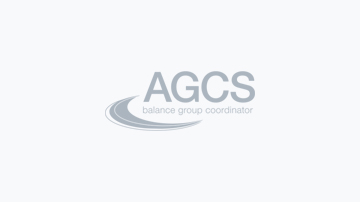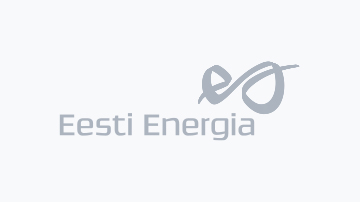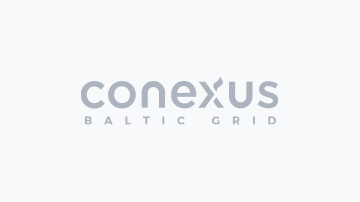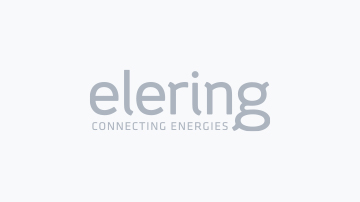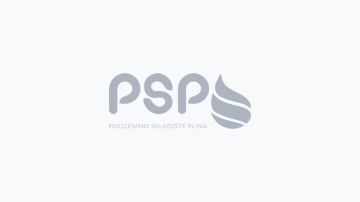The Commission Regulation (EU) 2015/703 establishing a network code on interoperability and data exchange rules (NC INT) introduces new data exchange protocol (AS4) and format (Edig@s) for all natural gas transmission network users; let it be traders, shippers, system operators, distributors or storage operators. The new regulation foresees that these market participants should use the above-mentioned protocol and format for data exchange and communication purposes.
We believe that this new regulation should not result in frustrating and time consuming system development and upgrades for the network users – this is why we created our ENTSO-G conforming data exchange tool: AS4-CS. It is a universal application for all and can be easily integrated into the software network of every business.
Our solution passed the conformance testing according to the e-SENS AS4 profile and is listed in the European Commission’s Market Guide for AS4 Solutions and Services. It is already in use in five countries around Europe – AT, PL, HU, BG, UA.
Core features at a glance
AS4-CS is able to communicate with any vendor’s or your in-house-developed IT application so you do not need to enter the data several times into separate systems. Furthermore, we made this module to be easy to use and processes are comprehensible.
The deployment and introduction of the system require a very short period of time. It is a very flexible software which is put on the top of your existing system. It uses your existing data and converts it to the required protocol and form. The user interface is self-explanatory; therefore, a brief training is enough to get familiar with the straightforward process of data exchange and data communication.
AS4-CS has been designed for the future. Data exchange protocols and message formats can be extended, new modules can be introduced or switched on depending user needs.
